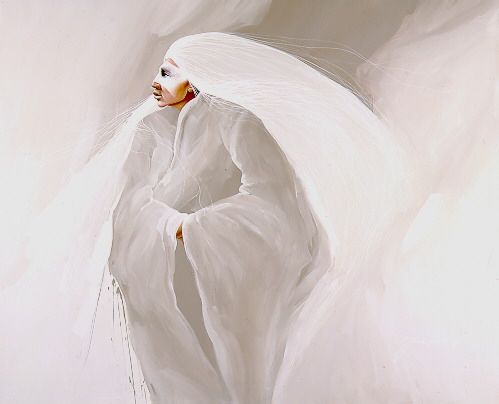by: Stephanie Woodard
CAMBRIDGE, England - The power of storytelling permeates Earthworks, a two-year-old paperback book series featuring American Indian writers from Salt Publishing, a British firm. The recent arrival in bookstores of the 2006 offerings brings the number of published volumes to 13, with more to come in the years ahead, according to series editor Janet McAdams, Alabama Creek, a poet and a faculty member at Kenyon College.
On the cover of one of the books - Carter Revard's ''How the Songs Come Down'' - an endorsement from revered Acoma Pueblo poet Simon Ortiz emphasizes the importance of the telling of tales and their function as lifelines from the past to the present. Ortiz describes Revard's work as ''fine, fine poetry, of course, but they're stories too [that] sustain us and our land, culture and community.''
In Revard's poems, the past may be a truly ancient one. With a conversational tone that makes his erudition seem effortless, Revard ranges over vast territory and time. A geode sliced in two, polished and used to support books on a shelf inspires verses that circle from the moment of the rock's creation through geologic eons to the present day and thence back to creation. The birth of an individual being and the universe conflate: ''the Word, made slowly/slowly, in-/to Stone.''
In ''The Fork-in-the-Road Indian Poetry Store,'' by Phillip Carroll Morgan, Choctaw/Chickasaw, the crops he grows on his farm are the repository of life-saving narratives. Morgan writes: ''Yes they and the vine beans/and the squash the pumpkins/and the corn/tell me these stories/which they remember/and cannot forget.'' By describing the plants that the indigenous people of this hemisphere have bred for millennia as a source of both physical and cultural sustenance, Morgan expresses a belief held by many Native communities.
Want to know more? Click here: http://www.indiancountry.com/content.cfm?id=1096415294
Thursday, July 5, 2007
Subscribe to:
Post Comments (Atom)





No comments:
Post a Comment